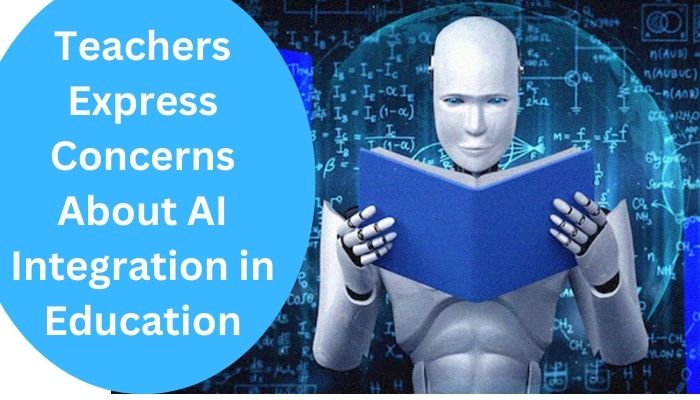As artificial intelligence (AI) continues its global expansion, driven by the proliferation of generative AI (GAI) tools, a recent study by the Oxford University Press (OUP) unveils that 49% of educators express a sense of unpreparedness for the increasing role of AI across various sectors. These teachers believe that more efforts are required to empower and equip them to prepare students for a future heavily influenced by AI.
A survey conducted by RM Technology indicates that a substantial number of UK teachers often receive work generated by AI, a perspective shared by roughly two-thirds of teachers. Moreover, students report positive outcomes from AI-assisted tools, with 68% attributing improved grades to AI while 49% express concerns about the potential negative impact on their learning if AI is not integrated. In a separate survey, 62% of respondents perceived a high risk to the authenticity of students’ work in homework and assessments due to AI, with 32% considering it a medium risk.
The report recommends that governments should support schools in harnessing AI’s potential to revolutionize education. It also suggests that educational leaders and industry professionals should champion the use of AI in schools and prioritize the availability of high-quality educational resources.
Failure to adapt the current education system to the AI age may lead to disparities in implementation, impeding the development of crucial cognitive skills in students and affecting their learning outcomes. The OUP’s teacher survey reveals that 88% of teachers desire a centralized repository of insights and research.
The report also underscores that the majority of teachers find digital resources, including AI-powered technology, have positively impacted educational outcomes, with 63% of school teachers and 59% of English language teachers reporting such benefits.
Approaches to AI integration in education differ among countries, with some proceeding cautiously or even banning new AI tools, while others enthusiastically embrace the technology. These distinctions are shaped by each country’s unique challenges, opportunities, local culture, policies, and societal needs.
Educators have played a crucial role in driving AI adoption in many countries, with research indicating that both English language and school teachers maintain an optimistic yet cautious stance regarding AI integration.
**India’s Response to AI in Education:**
In India, the response to the rise of AI in education includes introducing AI as an optional subject alongside other skill-based subjects at the secondary level. The National Curriculum Framework for School Education, launched this year, encourages teachers and students to leverage AI tools for learning. Initiatives like “Responsible AI for Youth (YUVAi)” have been initiated as a national program for government schools to nurture a modern tech-oriented mindset and relevant skill sets.

